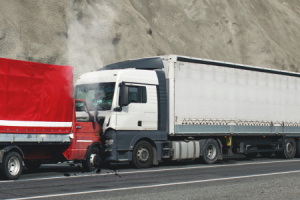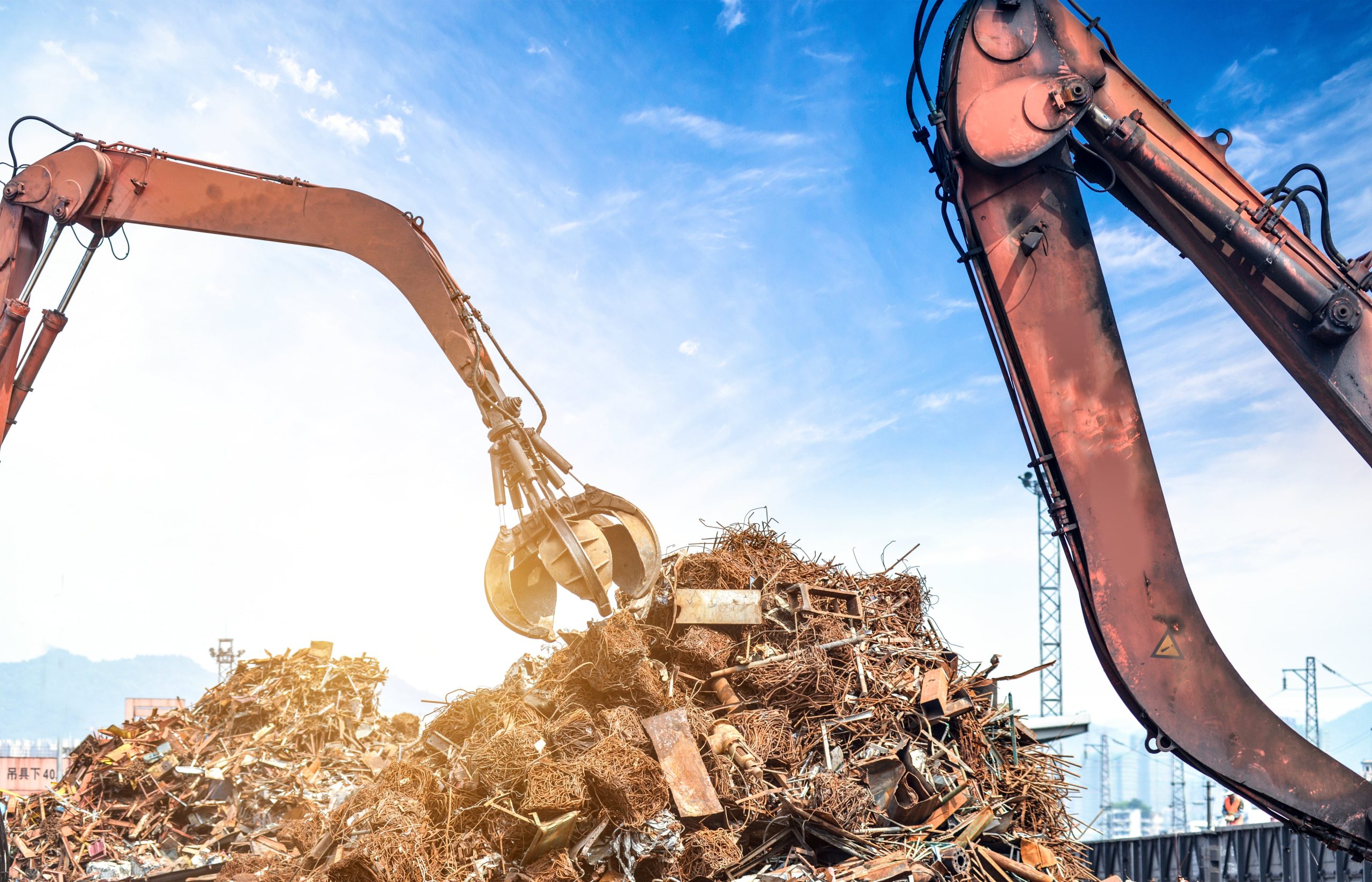Unveiling the Environmental and Financial Benefits of Truck Wreckers
Introduction of Truck Wreckers
In environmental conservation and economic efficiency, truck wreckers serve as a vital link. This industry, crucial for its role in the sustainable management of end-of-life vehicles, melds ecological stewardship with financial prudence. The careful dismantling and recycling of trucks offer a pragmatic approach to reducing waste and conserving resources while providing economic benefits to truck owners and parts consumers. This blog explores the dual advantages of truck wrecking services, highlighting their significance in promoting a more sustainable and economically viable automotive lifecycle.
Championing Environmental Sustainability
The process of truck wrecking plays a critical role in environmental conservation, offering tangible benefits that resonate with the global push towards sustainability.
Reducing Environmental Footprint
The primary environmental benefit lies in the significant reduction of landfill waste. Trucks, composed of metals, plastics, and other materials, can pose environmental hazards if not disposed of properly. Truck wrecking services address this challenge by dismantling vehicles and ensuring that usable parts are salvaged and materials are responsibly recycled. This practice minimizes the volume of waste and mitigates the potential release of toxic substances into the environment.
Resource Conservation
Beyond waste reduction, the recycling component of truck wrecking is instrumental in conserving natural resources. The process allows for the recovery and reuse of valuable materials, decreasing the demand for new raw materials and the energy required for their extraction and processing. This cycle of reuse and recycling embodies the principles of the circular economy, which aims to minimize waste and make the most of resources.
Economic Benefits: A Win-Win Proposition
Truck wrecking services extend beyond environmental benefits to offer substantial economic advantages, both for individuals looking to dispose of their trucks and those needing affordable parts.
Generating Revenue from End-of-Life Trucks
For truck owners facing the problem of dealing with an old or damaged vehicle, truck wreckers provide a financially viable solution. Instead of incurring costs for the disposal of their car, owners can turn to truck wrecking services. These services offer compensation for the truck, regardless of its condition, transforming a potential financial burden into an unexpected source of income.
Access to Affordable Parts
The parts salvaged through the truck wrecking process are made available to consumers at a fraction of the cost of new parts. This accessibility to affordable components is particularly beneficial for individuals and businesses seeking economical repair and maintenance options. The availability of recycled parts supports cost savings and contributes to the sustainability of resources by extending the lifecycle of existing materials.
A Case Study in Sustainability and Economic Viability Of Truck Wreckers
Truck-wrecking services’ contributions to environmental sustainability and economic viability cannot be overstated. By offering a responsible avenue for the disposal of end-of-life trucks and facilitating the reuse of materials, these services underscore the potential for aligning ecological and economic objectives. Their operations exemplify how industry practices can evolve to meet environmental stewardship demands while addressing financial considerations.
Conclusion
Truck-wrecking services are critical to the automotive industry’s shift towards more sustainable and economically sensible practices. Through their efforts in waste reduction, resource conservation, and providing economic benefits to truck owners and parts consumers, they demonstrate the feasibility and benefits of a circular economy approach in the automotive sector. The environmental and financial advantages they provide underscore the importance of supporting and utilizing such services, ensuring a greener and more prosperous future for all stakeholders involved in the lifecycle of trucks.

